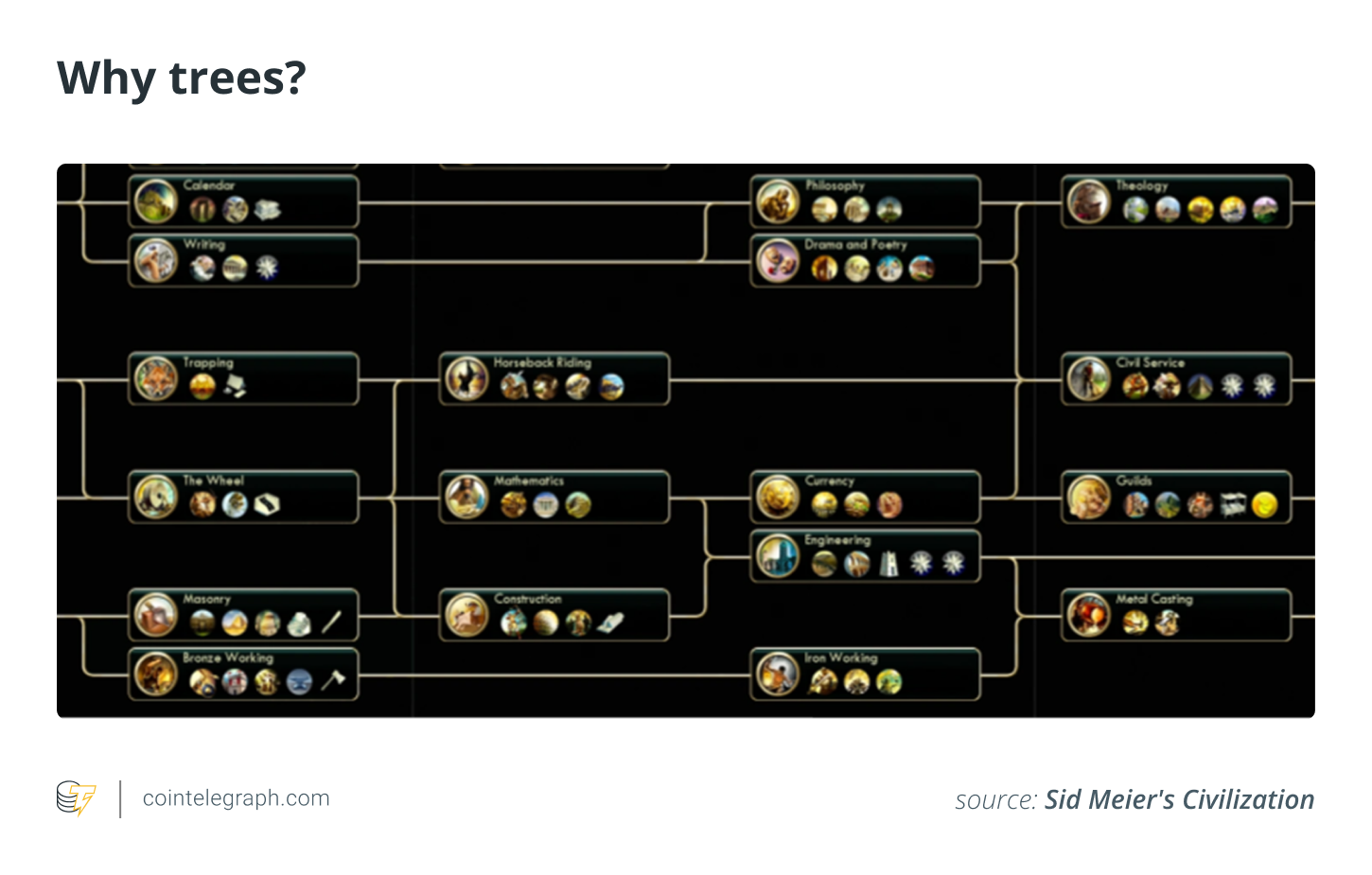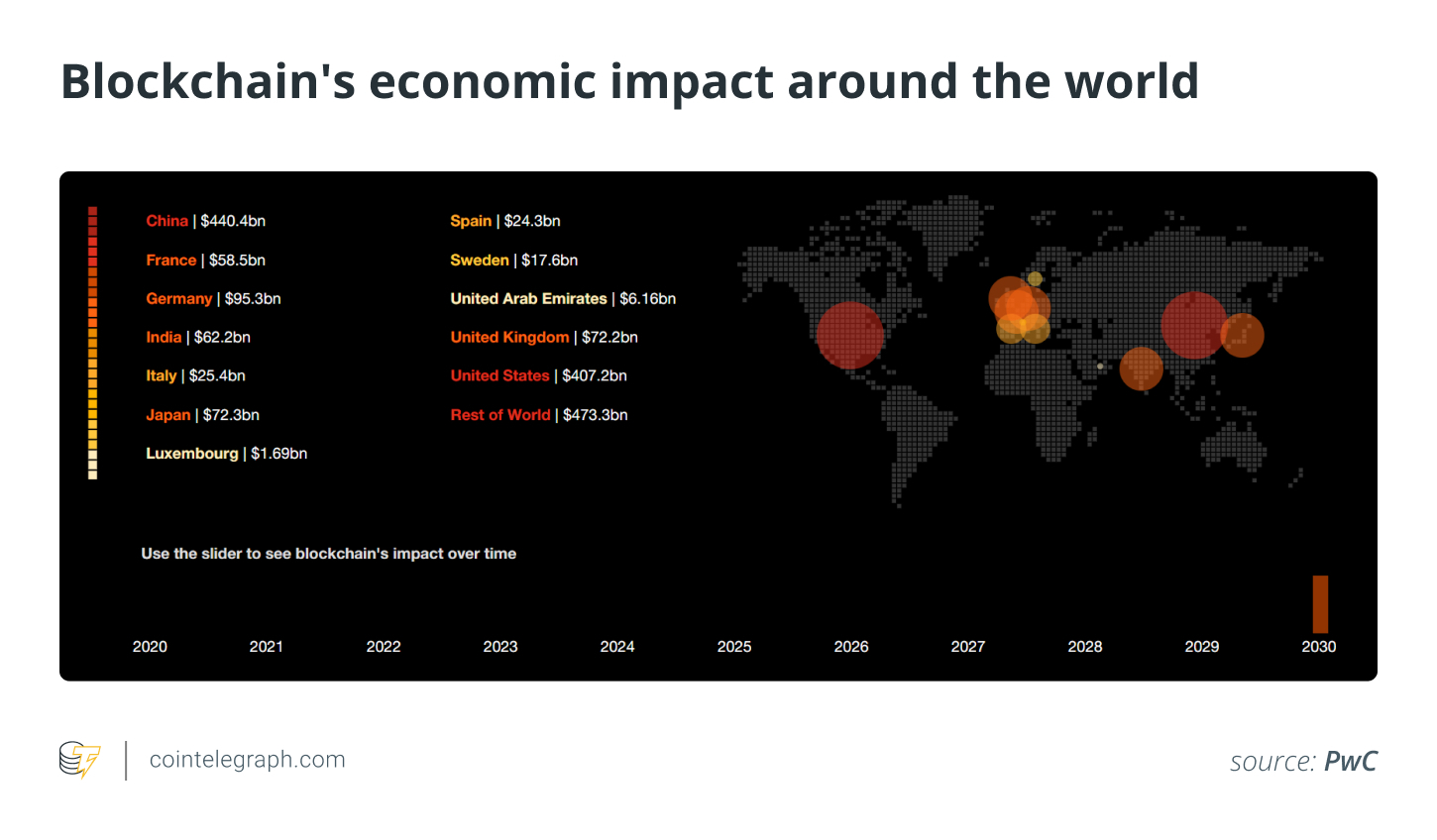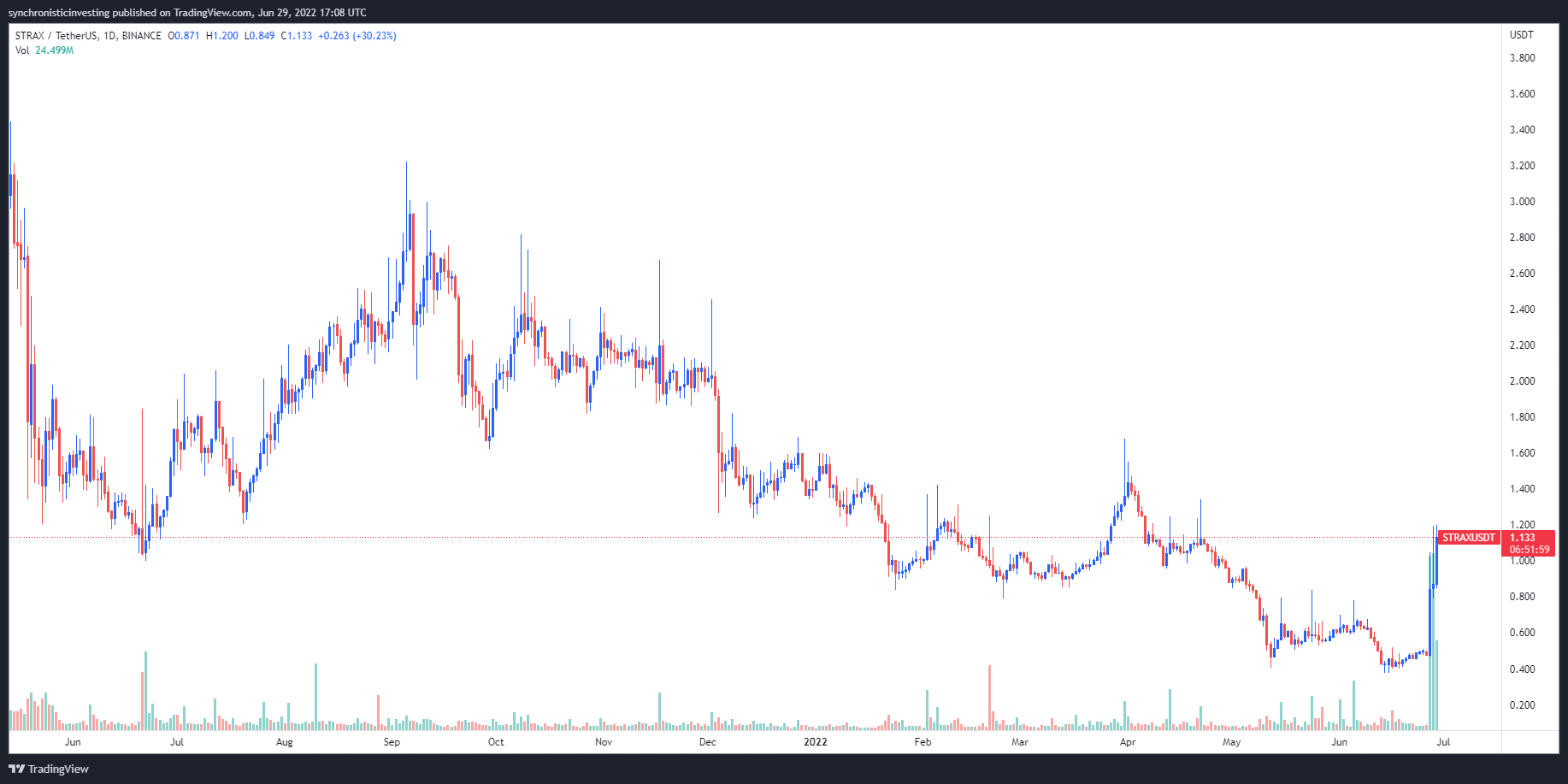The buzzwords “The Metaverse” or “Web3” are hot right now, with their concepts influencing the worlds blockchain, fintech, and mainstream media. The promise of better consumer experience, security, and control is driving the Web3 Metaverse’s growth. There are privacy, security, and interoperability concerns with the Metaverse’s users’ identities. This could hinder the development and growth of the Metaverse. However, both self-governing and regulated identities could be crucial in ensuring that users are fully responsible for their identity and data.
Related: Digital sovereignty: How to retrieve your personal data from Web3
What is the Metaverse?
The Metaverse concept has been around since a while. However, it was brought to the forefront when Mark Zuckerberg renamed his company “Meta”, much to the dismay of many in the Blockchain community. Many believe that the Metaverse will impact everyone’s lives and change how we interact with technology.
Although it isn’t clear what the Metaverse will look and contain, it’s believed to be a common catch-all for many interpretations. The Metaverse will recreate the physical world in digital contexts and allow similar interactions to those we experience every day. It will include augmented reality, digital economy, and Web3.
Related: How DeFi, NFTs and Web 3.0 are intertwined
Identity and inclusion
The Metaverse offers a vast array of opportunities for businesses and individuals from different sectors, with differing needs. recently stated inclusion would be one of the most important changes in the Metaverse. This means that anyone who has access to the internet can take advantage of its benefits. This will allow the Metaverse to be accessible by the 1 billion unbanked people around the world.
Digital identities will be at the heart of the Metaverse. They can include a digital avatar that you can customize with augmented reality and the ability to book a meal online. It will enable people from all backgrounds, genders and ages to express themselves online in new ways. Some argue that the internet is safer than the real world for people to thrive. There are concerns about privacy and trust with the increased amount of data stored online.
Related: The Metaverse will see a boom in the creator economy, but not under Big Tech.
Decentralization of power, control
Web3 and Metaverse will be powered by blockchain technology that uses a decentralized model. This is expected to bring new levels of transparency. Web2 is often viewed as a handful of centralized tech companies that collect users’ data. This practice has been criticized for its surveillance and exploitative advertisements. Web3 on the other hand will empower everyone involved with digital assets, personal information, and identities.
There are many players involved in the creation and maintenance of the Metaverse. These include NFT creators, virtual reality and AR producers, and those who build the underpinning technologies. However, concerns remain about whether users will have complete control over their credentials. Already, we’ve seen the potential damage from Facebook’s data breach several years ago. Cointelegraph recently highlighted an Facebook whistle-blower that has raised concerns about users’ privacy when sharing their information with Meta in Metaverse.
The importance of having self-sovereign identities
However, forward-thinking tech companies are always ahead of the curve. Some of these companies have already begun to create game-changing solutions that allow users to have decentralized control over their information and privacy. They believe the Metaverse should be built on open standards. self-sovereign identity (SSI), is the best way to address trust in the Metaverse.
SSIs are digital identity that focus on authentic and verified credentials. They are linked to real-world verification data such as biometrics. These are managed decentralized. Users can manage their digital identities themselves using blockchain technology and zero-knowledgeproofs. This allows them to avoid relying on third parties for central storage and management. This information is not only stored in a secure wallet, but can also be accessed from the Metaverse temporarily if the owner so chooses. They will be able to access and own their assets simply by being verified. This will fundamentally alter the way data is owned, controlled and managed by the user.
Related: Control, identity and self-custody: How regulators went wrong
How important is regulation in this context?
Many argue that regulation must also play an important part in the Metaverse to ensure both businesses and consumers have the confidence to use it, and that their identities and data are protected.
Jack Dorsey, Twitter’s co-founder, recently tweeted that Web3 will not necessarily increase users’ power as many predict. It will instead take power from the government and give it to venture capitalists who invest in blockchain or large tech companies like Meta. We need to have regulatory oversight.
Many believe that countries must embrace the digital economy and Metaverse to be competitive in the global economic and digital spheres. However, many existing regulations will need significant expansion in order to include the Metaverse. There has been a lot of government regulation in the crypto space over the past few years. This includes bans on crypto transactions in China and El Salvador adopting Bitcoin legal tender. But, in terms of identity, control, and security of data in the Metaverse, we still have a lot to do. While the General Data Protection Regulation (GDPR), which is part of the European Union, and the Data Protection Act in the United Kingdom could play a role, we need to make improvements if we want to protect consumers and the data that they provide.
Similar: Privacy after EU data regulations fail
The Metaverse will cause seismic change. This new system architecture is likely to disrupt people, places, and economies. While the Metaverse promises a better user experience that addresses today’s issues, there is still a lot of uncertainty around the use of personal data. These new technologies are requiring a lot of planning and consideration to ensure that the Metaverse is developed in a way that benefits all involved. With identities at its core, these factors are even more critical.
This article is not intended to provide investment advice. Every trade and investment involves risk. Readers should do their research before making any decision.
These views, thoughts, and opinions are solely the author’s and do not necessarily reflect the views or opinions of Cointelegraph.
Lottie Welch is Wirex’s senior PR and communications manager. She has over six years’ experience in the fintech sector, including digital payments and global remittances. She has also contributed to campaigns that enabled access to the financial system as well as the widespread adoption of cryptocurrency. She believes in the digital economy’s benefits and has spoken at the EMEA Women in Payments Symposium.








